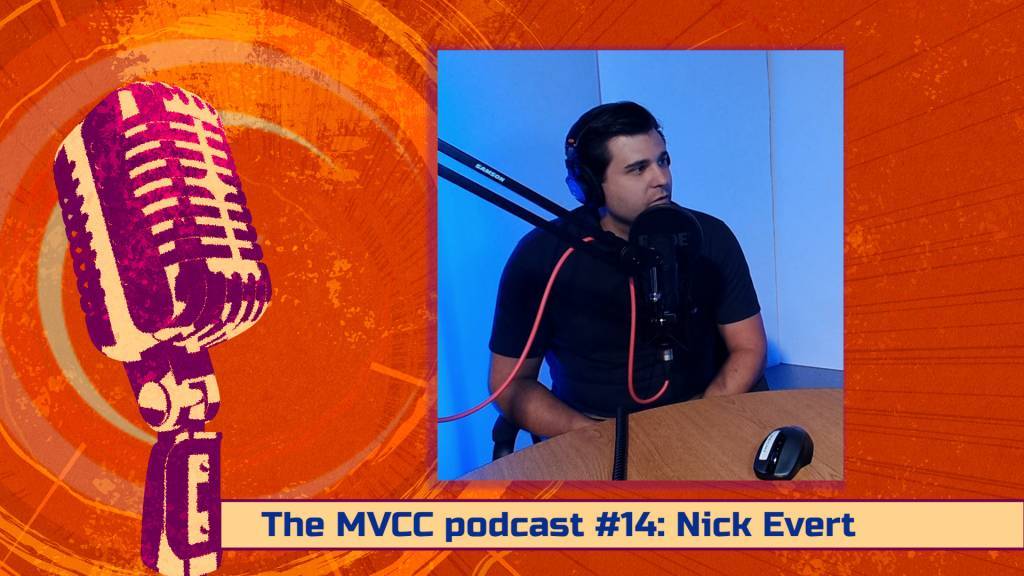
MVCC Chief Engineer Nick Evert discusses his role at the access television center
Want to hear what’s happening at your local access television station? Tune in to The MVCC Podcast, for news, previews, and interviews with content creators here in the Miami Valley.
In the December episode, host Richard Diaz is joined by MVCC Chief Engineer Nick Evert. Evert has been described as the heart of the television department, managing an entire building of video and computer equipment. Along the way, he’s extensively rebuilt the programming room, designed a podcast center, and remodeled a kitchen.
Evert also talked about the role of access television in the Miami Valley, the increasing online presence of television, and memories working with staff. We even ask him about building his car! This episode was recorded a week before his last day of December 18, 2022. While staff will definitely miss his positive attitude and brilliance with technology, we are happy his new job allows him to be closer to family.
The Miami Valley Communications Council operates four cable access channels with cable providers Spectrum TV and AT&T TV. Complete program schedule listings, as well as on-demand viewing, can be found at www.mvcc.video. MVCC was formed in 1975 as a council of governments representing the eight member cities of Centerville, Germantown, Kettering, Miamisburg, Moraine, Oakwood, Springboro, and West Carrollton.

